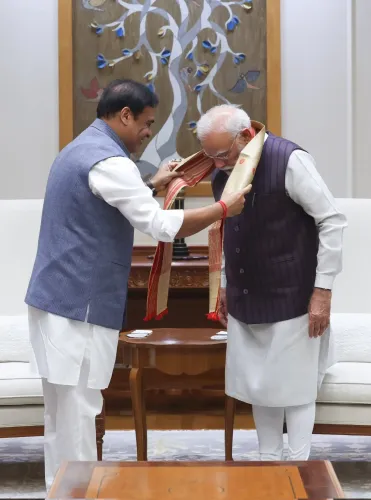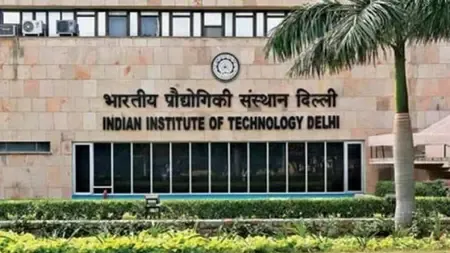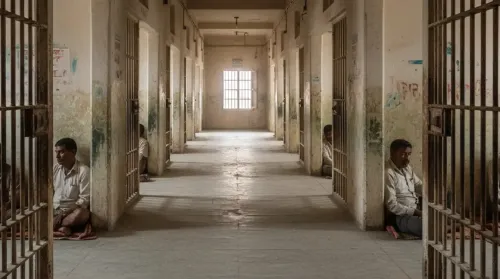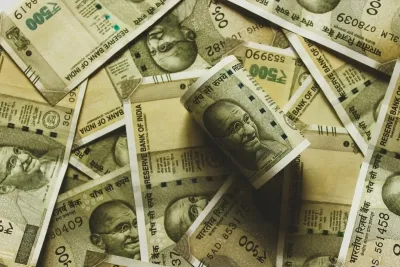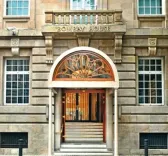Is J&K Ready for a New Era of Progress with PM Modi's Arrival?
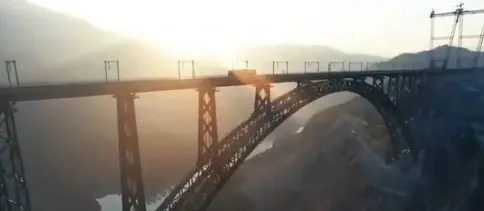
Synopsis
Key Takeaways
- Vande Bharat train service launching enhances travel reliability.
- Economic growth expected through improved transportation.
- Future generations will benefit from reduced travel times.
- Local businesses will thrive with easier access to markets.
- Promotes national integration and unity.
Jammu, June 6 (NationPress) As Prime Minister Narendra Modi touches down in Jammu and Kashmir this Friday to inaugurate the Vande Bharat train service from Katra to Srinagar and launch projects worth Rs 46,000 crores, residents are filled with anticipation for a transformative future in the union territory.
PM Modi is set to make history by fulfilling a dream that has lingered for over 70 years for the people of Kashmir, who have long viewed the journey from their isolated Valley to the rest of India as an elusive goal.
With the entire security framework, including the Special Protection Group (SPG), army, Central Armed Police Forces (CAPFs), and local police, closely monitoring the situation to ensure a safe visit for the PM, the citizens of J&K are optimistic that this day will mark a significant shift in the region's future.
The Jammu-Srinagar national highway has been a persistent source of frustration for millions in the Kashmir Valley due to its unreliability.
Even a minor rainfall can lead to landslides, mudslides, and road collapses, causing prolonged blockages on this critical route.
However, with the commencement of commercial operations for the Vande Bharat train service on Saturday, these disruptions will become a thing of the past.
“Our horticulture, agriculture, and handicrafts, including shawls, carpets, and walnut wood furniture, have suffered due to high transportation costs and delays in reaching markets,” remarked Abdul Salam Mir, a 64-year-old businessman from Srinagar.
“For the future generations of Kashmir, this will be a forgotten saga. Goods trains will now ensure swift transport of our products at reduced costs and without uncertainty,” he added.
Students seeking admissions, patients needing medical care, businesspeople heading to markets, and everyday travelers will all gain from the arrival of the train in Kashmir.
Visitors from outside the Valley, including tourists and professionals, will also reap the benefits.
“From a standpoint of national integration, the railway connection from Kashmir to Kanyakumari carries a significant political message that the PM is poised to deliver from Katra today,” stated Krishen Chand, a 52-year-old resident of Katra.

